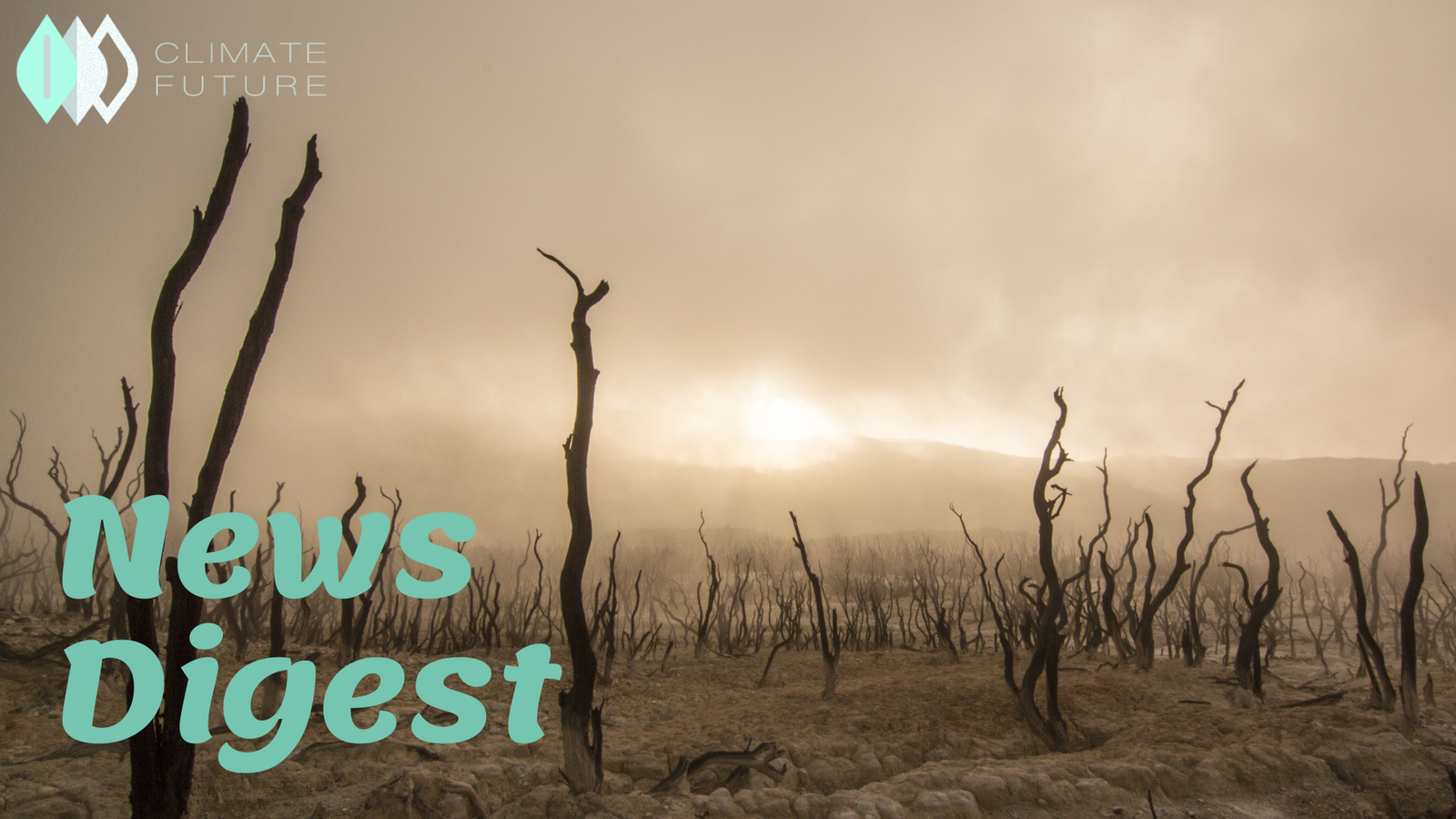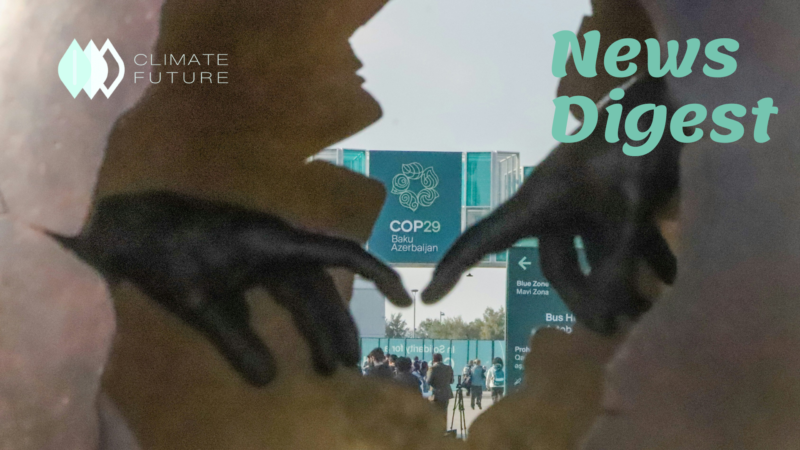Children Born In 2020 Will Experience Up To 7 Times More Extreme Climate Events
With the current situation of global warming and national policies which lack the required action in heat-trapping pollution, climate issues such as heat waves will continue rising frequently. Children born in 2020 will face extreme climate events such as heat waves, droughts, floods, crop failures, wildfires and tropical cyclones at a rate which is two to seven times bigger than people born in 1960. The scientists said that the younger generation from different regions of the world will suffer from climate effects. People who are below 25 years old by 2020 in the Middle East and North Africa are more likely to experience extreme climate events compared to other regions.
World’s youth take to the streets again to battle climate change
Young people across the world protested on the streets on 24 September, 2021 to demand urgent action for climate change in the largest global climate protest since the pandemic. That took place five weeks before the UN COP26 summit which targets to secure more assertive climate actions from world leaders to stop greenhouse gas emissions heating the planet.Youth Movement Fridays for Future arranged demonstrations in over 1500 locations. In August, a landmark UN climate science report warned that human activity has been disrupted by climate change for decades. But, governments do not have a plan to cut enough emissions so far.
Major UN report concludes world is off-track to fight climate change
The United in Science 2021 report describes climate change drivers and impacts are increasing and not enough action is done to meet emission targets. The author found out that COVID-19 did not reduce climate change problems and there is no sign that countries are getting greener as carbon dioxide emissions have rebounded due to the economic decline. Data shows that greenhouse gas emissions in the atmosphere keep increasing to record levels. That makes the planet a dangerous future warming and expands negative impacts on economies and societies. Dr Rogelj from the Grantham Institute- Climate Change and the Environment said that the combined evidence in the report should encourage anyone to make sure that the messages are and help to make decisions about the future.
Africa Climate Week 2021 Builds Regional Momentum in Advance of COP26
The Africa Climate Week 2021 Virtual Thematic Sessions are performed with calls to action from different voices across the region. These are hosted by the Government of Uganda and organized in collaboration with the UN Development Program, UN environment and the World Bank Group with the support from regional partners like the African Union, the Africa Development Bank and the United Nations Economic Commission for Africa. Large numbers of regional stakeholders are gathering for the virtual meeting to showcase climate action and share the progress ahead of COP26 for the submission of stronger national climate plans. There are three key areas in the event: integrating ambitious action in key economic sectors into national planning, adapting to climate risks and building resilience and seizing transformational opportunities to make the region on a lower emission and highly resilient development route.
Food waste: a global problem that undermines healthy diets
The lack of food, hunger and malnutrition affect every country in the world and urgent action is needed to reduce the amount of wasted food. According to the Food and Agriculture Organization, 17% of all food available to consumers will end up being thrown away in 2019. Food waste problem is not limited to only wealthy nations since it is impacting every country in the world. It is needed to reduce food loss and waste to improve agri-food systems and help achieve food safety, food security and food quality by delivering on nutritional outcomes. According to FAO, that also contributes importantly to the reduction of greenhouse gas emissions and pressure on water and land resources.



